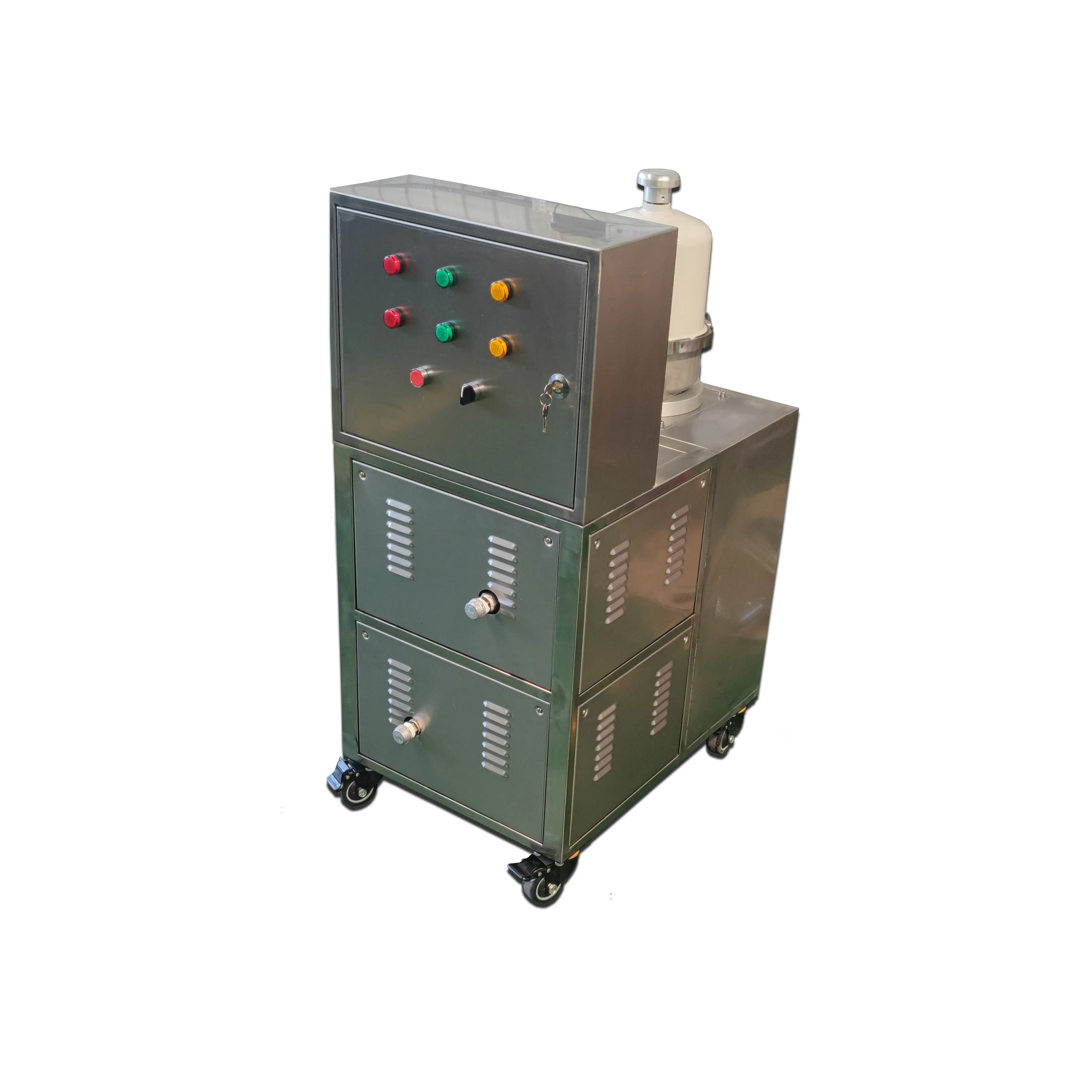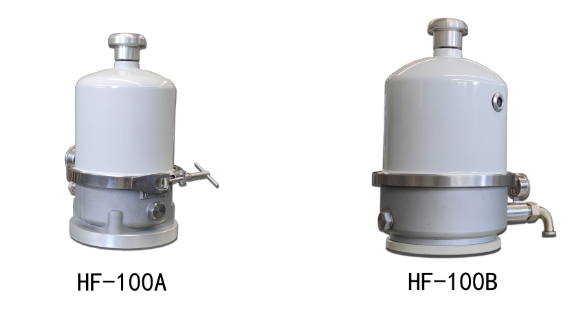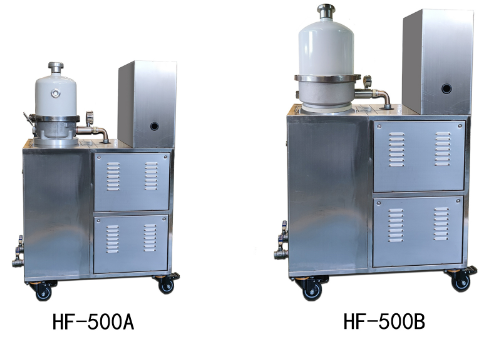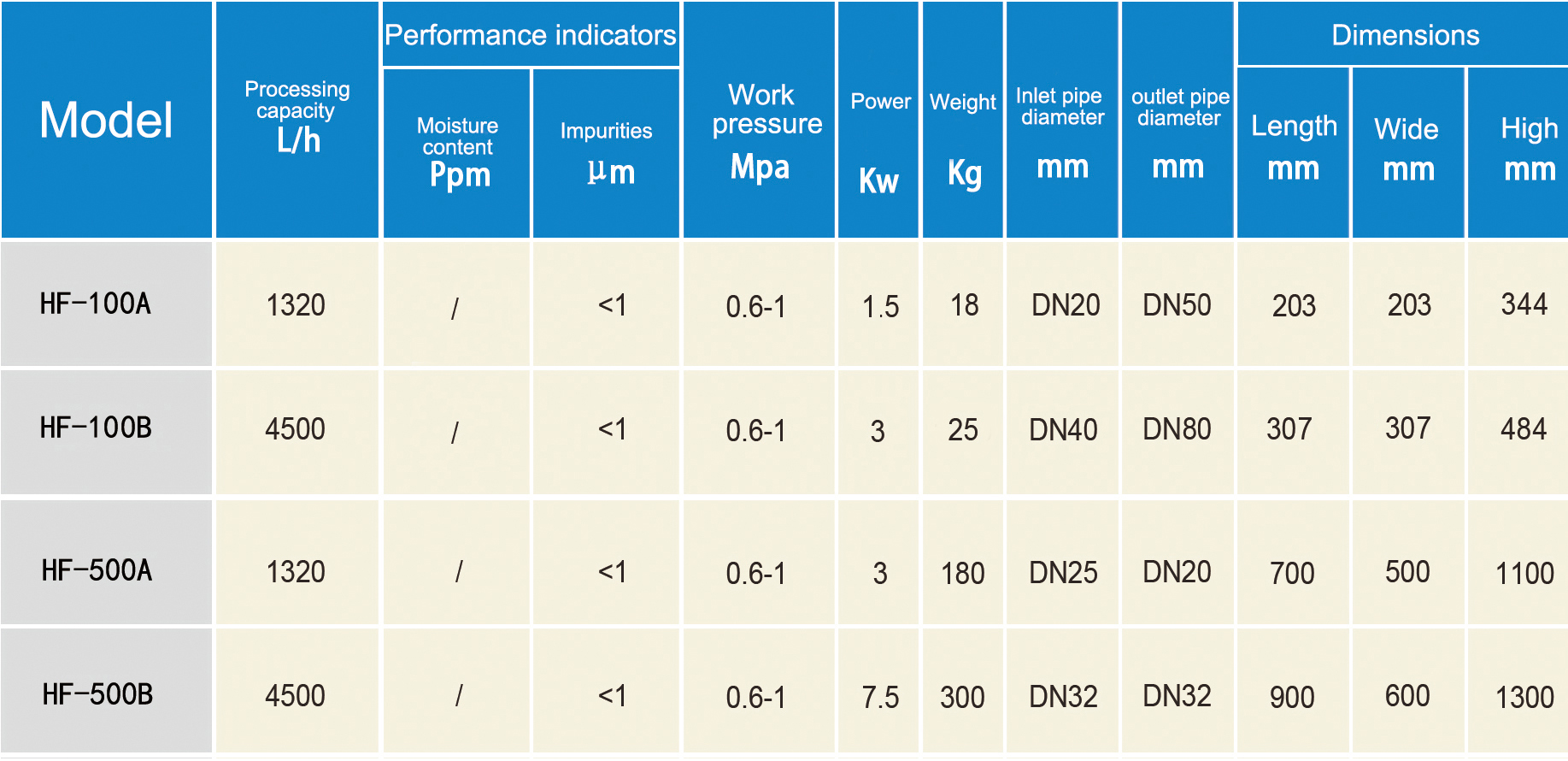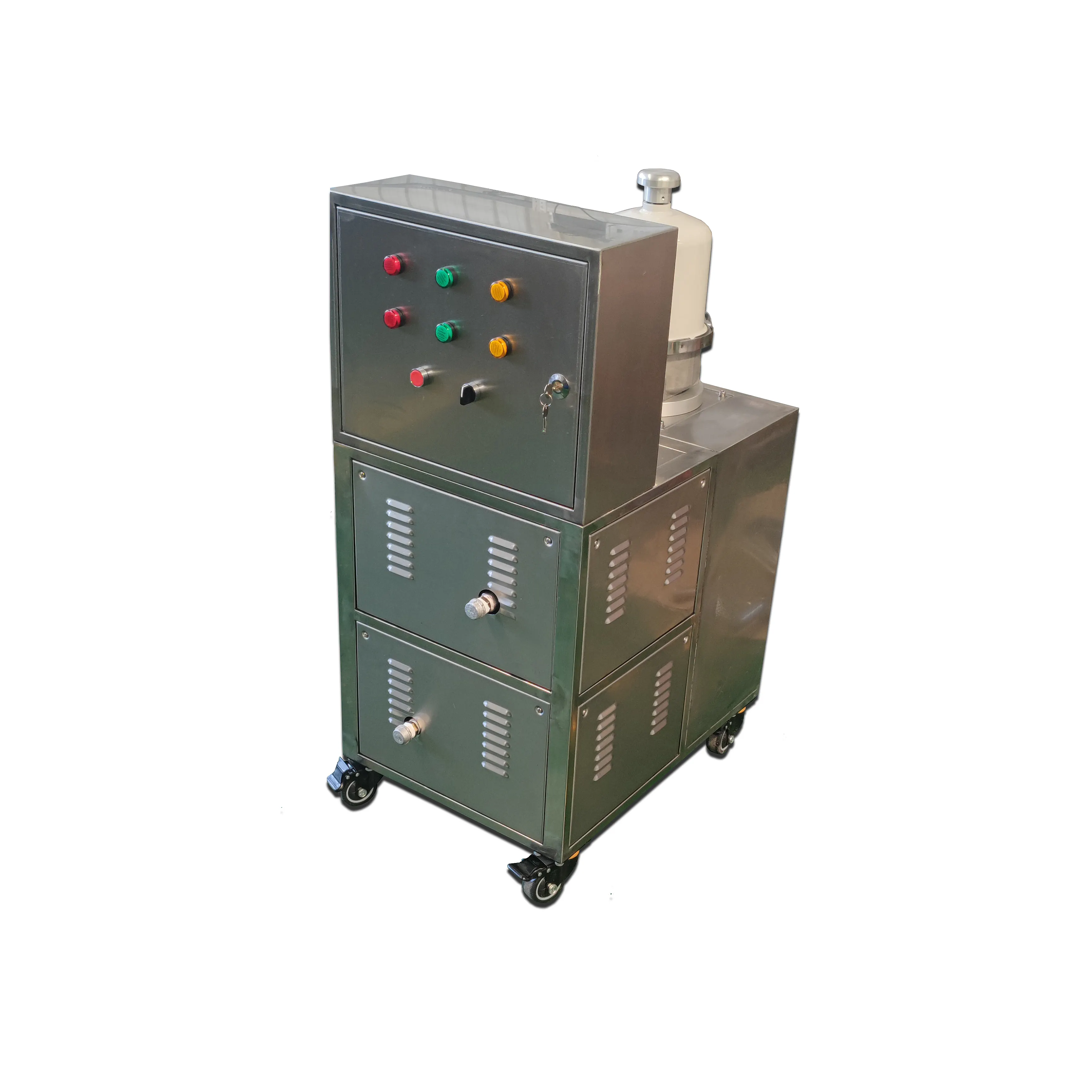
Oil purification machine for rust preventive oil
Oil purification machines are specialized equipment used to remove impurities and contaminants from various types of oils, including lubricating oils, hydraulic oils, transformer oils, and more. These machines are designed to maintain the cleanliness and quality of the oil, thereby enhancing the performance and lifespan of the equipment or machinery that relies on it.
Applications
Oil purification machines find applications in various industries, including automotive, manufacturing, power generation, aerospace, and more. They are used to maintain the cleanliness of oils in engines, hydraulic systems, turbines, transformers, and other equipment. By employing effective oil purification machines, industries can reduce equipment downtime, improve operational efficiency, extend the lifespan of machinery, and minimize the risk of costly repairs or replacements. The specific design and features of an oil purification machine can vary depending on the intended application and the requirements of the oil being filtered.
Features
Horizontechnology's oil purification machines use the centrifugal separation method and have the following advantages:
High Efficiency: Centrifugal separation is highly efficient in removing solid particles and water from oil. It can effectively separate and collect contaminants of various sizes, ranging from large particles to submicron-sized particles. The centrifugal force generated during the process allows for efficient separation, resulting in clean oil.
Continuous Operation: Centrifugal separators can operate continuously, allowing for uninterrupted filtration and purification of oil. They can handle a continuous flow of oil without the need for frequent stoppages, making them suitable for applications that require continuous operation and minimal downtime.
Fast Processing: Centrifugal separation is a relatively fast method for oil filtration. The separation process occurs within a short period, allowing for quick turnaround times. This is particularly advantageous in industries where time-sensitive operations are involved.
Scalability: Centrifugal separators are available in various sizes and capacities, making them suitable for a wide range of applications. They can be scaled up or down to accommodate different flow rates and volumes of oil. This scalability allows for flexibility in implementing centrifugal separation in various industries and applications.
Reduced Maintenance: Centrifugal separators generally have fewer moving parts compared to other filtration systems, which leads to reduced maintenance requirements. They are designed for reliable and long-lasting operation with minimal wear and tear. This helps to minimize maintenance costs and downtime associated with system maintenance.
Versatility: Centrifugal separators can be used for different types of oils, including lubricating oils, hydraulic oils, transformer oils, and more. They are suitable for a variety of industries such as manufacturing, power generation, automotive, marine, and aviation. The versatility of centrifugal separation makes it a widely applicable method for oil filtration and purification.
Extend Equipment Life: By efficiently removing contaminants from the oil, centrifugal separation helps to protect equipment and machinery from premature wear and damage. Cleaner oil with reduced particle contamination can extend the lifespan of critical components, such as bearings, gears, and seals, resulting in improved equipment reliability and reduced maintenance costs.
The importance of rust preventive oil filtration
Oil purification machines play a crucial role in maintaining the quality and effectiveness of rust preventive oil in various industrial applications. Rust preventive oil, also known as corrosion inhibitor oil, is used to protect metal surfaces from rust and corrosion during storage or transportation. Over time, rust preventive oil can become contaminated with debris, moisture, and other contaminants, compromising its ability to provide effective corrosion protection. Here is a professional perspective on the role of oil purification machines for rust preventive oil:
Rust preventive oil is susceptible to contamination from various sources, including airborne particles, dust, dirt, and moisture. These contaminants can diminish the oil's protective properties and promote the formation of rust on metal surfaces. Oil purification machines help remove these contaminants through mechanisms such as mechanical filtration, coalescing, or adsorption. By maintaining clean oil, purification machines ensure that the rust preventive oil remains free from particles that can compromise its effectiveness.
Moisture is a common enemy of rust preventive oil as it can accelerate corrosion and compromise the protective barrier on metal surfaces. Oil purification machines equipped with dehydration capabilities, such as desiccant breathers or vacuum dehydration units, help remove moisture from the oil. By controlling moisture content, purification machines enhance the oil's ability to form a protective barrier and inhibit corrosion on metal surfaces, ensuring effective rust prevention.
Rust preventive oil can become contaminated with particles of varying sizes, including both large debris and microscopic contaminants. Oil purification machines are designed to capture and remove particles of different sizes, ensuring that the oil remains clean and free from abrasive or corrosive contaminants. By controlling the particle size distribution, purification machines maintain the integrity of the rust preventive oil and optimize its corrosion protection properties.
Rust preventive oils are typically applied to protect metal surfaces during storage or transportation for extended periods. However, if the oil becomes contaminated, its protective effectiveness may diminish, leading to potential rust formation on metal surfaces. Effective oil purification machines help maintain the cleanliness and quality of the rust preventive oil, ensuring that it can provide prolonged protection against corrosion throughout the desired storage or transportation duration.
Clean rust preventive oil offers enhanced efficiency and cost savings. purification machines remove contaminants that can contribute to premature oil degradation, reducing the need for frequent oil changes. By extending the usable life of the rust preventive oil, purification machines help reduce maintenance costs, improve operational efficiency, and minimize the risk of unexpected equipment damage due to rust formation.
